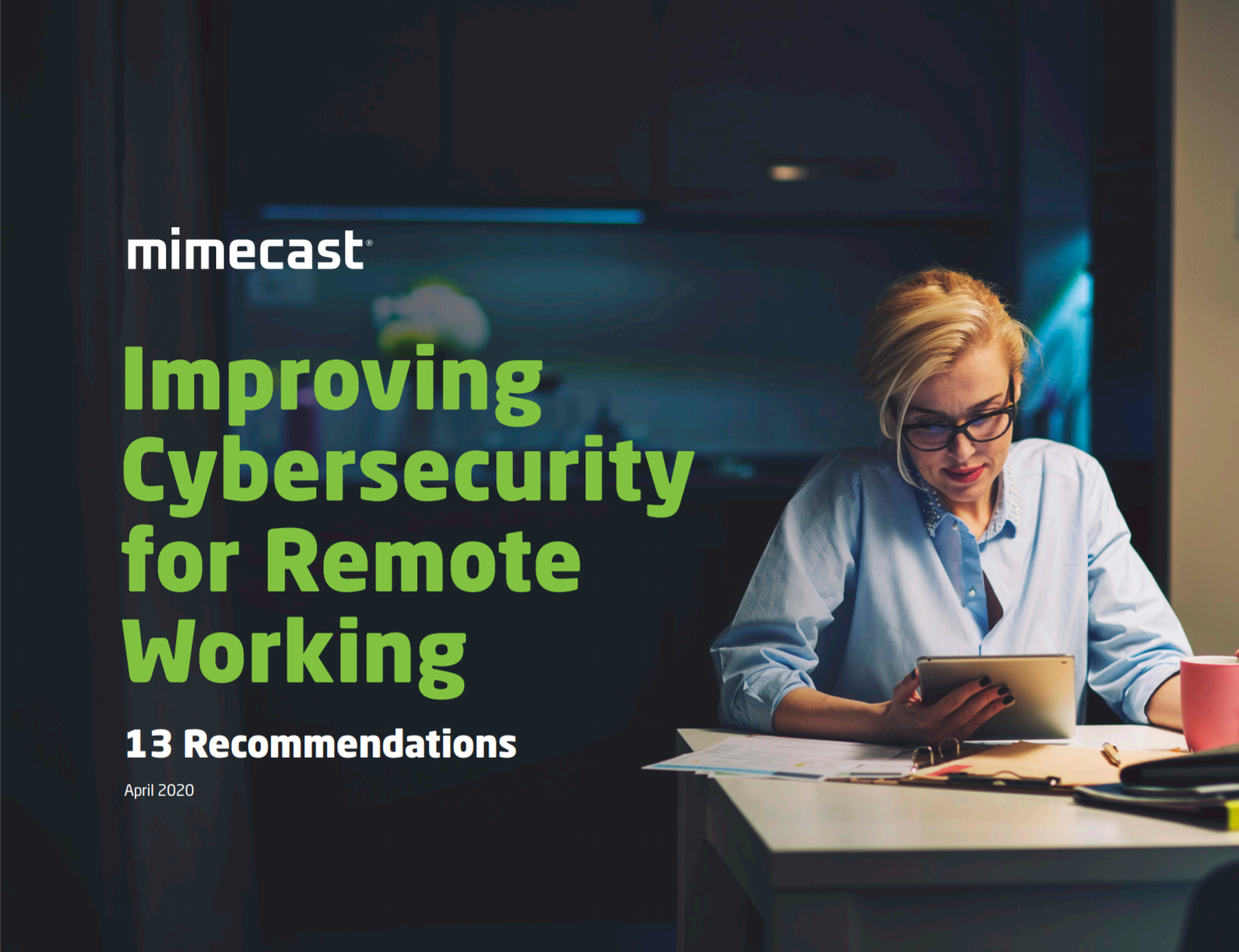What is private browsing and how can it keep you safe online?
Private-browsing capabilities are baked into the internet browsers you use everyday. Here's why it's important


In today's day and age, more and more people are becoming conscious about their online privacy and are adopting private web browsers to help them keep their online identity anonymous.
Businesses, too, are increasingly using private web browsers, because not only are they an incredibly useful tool for hiding your identity online, but they also offer those using the internet an additional layer of privacy.
A private browser can be useful for carrying out research without your previous interests, searches and so on influencing the results you get. for example. It also makes it harder for any third parties accessing a device after you've stopped using it to piece together information about you, your business, and the IT services you use.
Private web browsing can block attempts to track your activity online, and also offers you the tools to check how your website is ranking with certain keywords from an unbiased, fresh perspective. You can use private browsing to see how your web pages are doing as if you were a new user; it's a little-known fact that Google always lists your most-visited sites at the top of listings, for example.
This feature can also be used to see whether a website keeps showing you a cached web page, rather than the latest content. It can be verified by opening the web page in private browsing and comparing this with a web page in a regular window.
The great thing is that most modern browsers allow users to enter a private browsing mode – whether it's Google Chrome's Incognito mode or Internet Explorer's InPrivate browsing. And because it's a baked-in part of most browser software, you can freely activate it on public or shared computers in a library, airport or hotel, for example, to prevent the next user from having access to your data.
What is private browsing?
Private browsing allows you to hide your identity from the websites you're visiting. This means nothing will be recorded as you surf around the web, your IP address and any other details you may input into your browser. It also means your searches aren't recorded, so you won't be bombarded by personalised adverts.
Get the ITPro daily newsletter
Sign up today and you will receive a free copy of our Future Focus 2025 report - the leading guidance on AI, cybersecurity and other IT challenges as per 700+ senior executives
The level of protection you'll get will depend on the browser you're using to surf. Some offer tracking protection as well as standard browsing protection, which means the websites you visit won't be able to install cookies on your machine or utilise any other kind of tracking activity to see where you've come from or where you go to net from their site.
You can switch between 'normal' browsing mode and 'private' browsing mode in the majority of popular browsers, such as Firefox, Chrome, Edge, Safari, and Opera, but what this mode is called will vary from browser to browser. For example, on Edge it's called InPrivate, on Chrome it's Incognito and in both Firefox and Safari it's just referred to as a private window. They all have the same purpose, despite being called different things.
You'll know whether you're using a private mode because either an icon will appear showing you're not being tracked (in Edge this shows a small blue label rather than the bolder indicators in Chrome and Safari), or the colour scheme of the tabs will change - usually darker.
Why use private browsing?
Browsing openly – without opting for any additional form of privacy – is a touch more useful by way of your browser being more disposed to saving sites you visit frequently, as well as your login details, browsing history and further details. This will inevitably make it easier to retrieve any such whenever you need them. But, occasionally, you'll want to keep information like this hidden, and not so readily available to other users, especially if you're using a shared computer.
This could be for any number of reasons; from visiting a site, the details of which you'd be embarrassed to share with others, or if you're looking for a present or planning a surprise, or if you'd simply like for your activity to be hidden from the user who uses the machine next – for example, in a public library. Using your browser's private browsing mode will automatically remove all your information as soon as you decide to end your session – leaving no record for the next user to find accidentally or otherwise.
RELATED RESOURCE

Improving cyber security for remote working
13 recommendations to improve cybersecurity for remote working
Private browsing also comes in handy when using the internet to access your accounts in public spaces, such as a computer in a hotel lobby or library. We would not recommend logging into your bank account to make a transfer in public, but if you have no other choice and must reply to an urgent email, it's best to use a private browser – this might not eradicate all the risks but can reduce them.
You can also use private browsing to log into multiple email accounts, social networks, or bank accounts at the same time, which might make work easier.
Private browsing can also help you eliminate targeted advertising, as programmatic adverts are unable to draw upon browser activity to direct content to a user.
How to enable private browsing
Depending on the browser you use, the built-in private browsing tool will have a different name - Google Chrome has its 'Incognito' mode while Internet Explorer uses 'InPrivate'. Check out our how to enable private browsing mode guide to learn how to use the feature no matter what browser you are using.
Internet browsers are always looking to innovate and reshape private browsing, with many now offering a range of features for advanced user. Firefox, for instance, is designed to protect your browsing as far as possible - successfully blocking all tracking ads and invisible trackers when we tested its latest iteration. This is a feature Chrome and Microsoft Edge cannot yet offer.
But be warned...
Just because it is “private”, does not mean that it is automatically safe. Whether checking your bank statement, shopping the latest sales, or signing up for a new video streaming service, remember that your personal and financial details are still just as likely to fall into the wrong hands as they are outside of “private mode”. In order to make sure that you are protected against data theft, use a trusted proxy server.
It's also important to note that it's still possible to see what you've been up to when using private mode. Even if your Google searches won’t be reflected in your History tab, your browsing activities will still be recorded by routers, firewalls, and proxy servers.

Keumars Afifi-Sabet is a writer and editor that specialises in public sector, cyber security, and cloud computing. He first joined ITPro as a staff writer in April 2018 and eventually became its Features Editor. Although a regular contributor to other tech sites in the past, these days you will find Keumars on LiveScience, where he runs its Technology section.
-
 Bigger salaries, more burnout: Is the CISO role in crisis?
Bigger salaries, more burnout: Is the CISO role in crisis?In-depth CISOs are more stressed than ever before – but why is this and what can be done?
By Kate O'Flaherty Published
-
 Cheap cyber crime kits can be bought on the dark web for less than $25
Cheap cyber crime kits can be bought on the dark web for less than $25News Research from NordVPN shows phishing kits are now widely available on the dark web and via messaging apps like Telegram, and are often selling for less than $25.
By Emma Woollacott Published